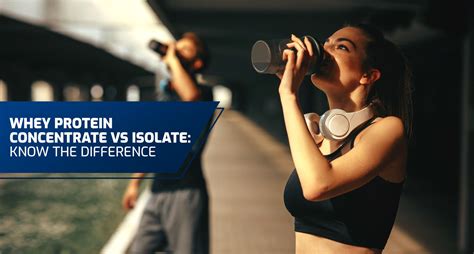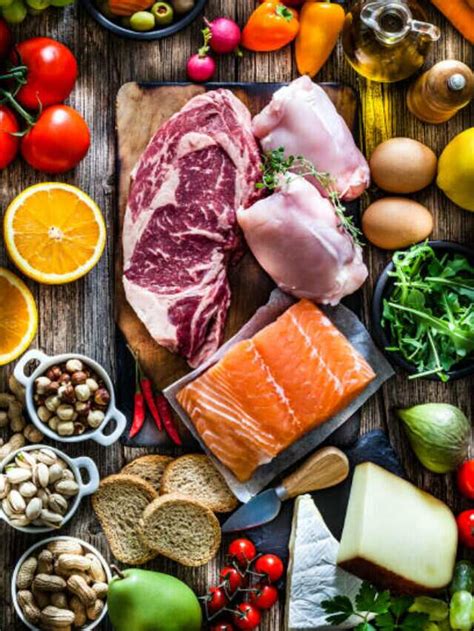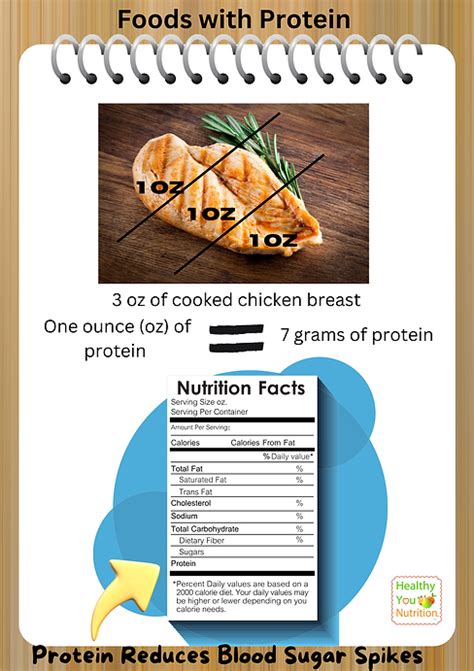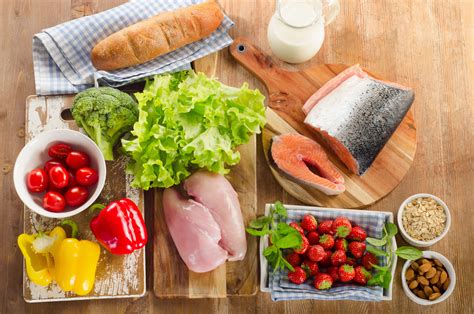Fueling Fitness on a Shoestring Budget
Achieving fitness goals often comes with a perceived hefty price tag, especially when it comes to nutrition. Protein, the cornerstone of muscle repair and growth, can seem like a luxury item in a well-stocked supplement aisle. However, you don’t need to drain your wallet to meet your daily protein requirements and support your athletic endeavors. This article will guide you through the best budget-friendly protein options, ensuring your fitness journey is both effective and economical.

Why Protein is Non-Negotiable for Fitness
Before diving into affordability, let’s quickly recap why protein is so crucial. It’s not just for bodybuilders; everyone from casual gym-goers to endurance athletes benefits significantly from adequate protein intake. Protein helps repair muscle tissues damaged during exercise, promotes new muscle growth, contributes to satiety, and supports overall body functions. Skimping on protein can hinder recovery, slow progress, and leave you feeling constantly hungry.
Demystifying Protein Costs: Powder vs. Whole Foods
When thinking about protein, many immediately jump to expensive supplements. While protein powders offer convenience, they aren’t the only, or always the cheapest, option. A balanced approach often involves a mix of both, chosen wisely.
Affordable Protein Powders
When selecting protein powders, focus on efficiency and cost per serving. Avoid fancy blends with extensive ingredient lists, which often drive up the price without significant added benefits for most users.
- Whey Protein Concentrate (WPC): This is generally the most cost-effective form of whey protein. While it has slightly more carbs and fat than whey isolate, the difference is negligible for most budget-conscious individuals, and it still provides excellent bioavailability and a complete amino acid profile.
- Casein Protein: Often overlooked, casein is a slow-digesting protein derived from milk. It can be slightly more expensive than WPC but offers a sustained release of amino acids, making it great for overnight recovery or extended periods without food. Look for sales or larger tubs to get a better unit price.
- Plant-Based Blends (Pea, Rice, Soy): For vegetarians, vegans, or those with dairy sensitivities, plant-based proteins can be a great option. Pea and rice protein are popular choices, and blends often provide a more complete amino acid profile. Soy protein is also highly effective and often quite affordable, though some prefer other options.

Budget-Friendly Whole Food Protein Sources
Don’t underestimate the power of whole foods. They provide not just protein but also a host of essential vitamins, minerals, and fiber, often at a lower cost per gram of protein.
- Eggs: The “perfect protein,” eggs are incredibly versatile, cheap, and offer high-quality protein with essential nutrients.
- Canned Tuna/Salmon: Convenient, long-lasting, and packed with protein and beneficial omega-3 fatty acids (especially salmon).
- Legumes (Lentils, Chickpeas, Black Beans): Incredibly cheap, rich in protein and fiber, and versatile for a variety of dishes.
- Chicken Thighs/Drumsticks: Often significantly cheaper than chicken breasts, these cuts still offer ample protein and great flavor.
- Cottage Cheese & Greek Yogurt: Dairy powerhouses that are great for snacks or meal additions, providing both fast and slow-digesting proteins (casein in cottage cheese).

Smart Shopping Strategies to Maximize Savings
Beyond choosing the right products, how you shop can significantly impact your budget.
- Buy in Bulk: Larger containers of protein powder or bulk packages of chicken, eggs, and legumes almost always offer a lower price per serving.
- Look for Sales and Discounts: Keep an eye on weekly grocery flyers and online supplement deals. Stock up when prices are low.
- Compare Unit Prices: Always check the price per ounce/gram/serving when comparing similar products.
- Consider Store Brands: Many generic or store-brand protein powders and food items are just as good as their name-brand counterparts but cost less.
- Meal Prep: Planning and preparing your meals in advance can prevent impulsive, expensive food choices.

Conclusion: Fuel Your Goals Smartly
Achieving your fitness goals doesn’t require an unlimited budget for protein. By making informed choices about both protein powders and whole food sources, and by adopting smart shopping habits, you can effectively fuel your body, build muscle, and recover efficiently without breaking the bank. Prioritize whole foods, choose cost-effective supplements when needed, and remember that consistency and smart choices are more important than expensive brands.





